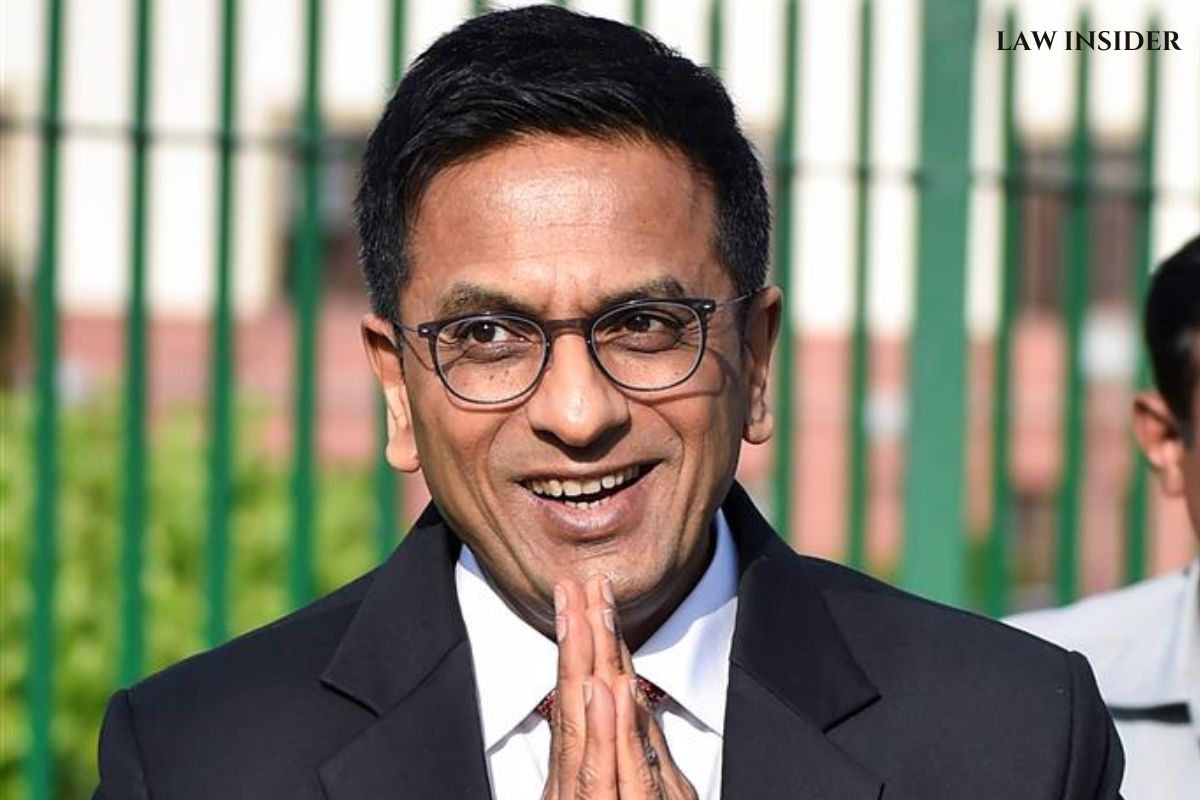LI Network
Published on: December 18, 2023 at 13:35 IST
In a recent address during Justice E S Venkataramiah’s Centennial Memorial Lecture, Chief Justice of India, D. Y. Chandrachud, emphasized the necessity for the law to confront discrimination extending beyond the confines of public spaces into private realms.
Speaking on hierarchies, prejudices, and stigmas, the Chief Justice stated that if such inequalities persist in private spaces, the law should not turn a blind eye, and doing so would undermine the promise of equal protection.
The lecture, organized by the National Law School of India University (NLSIU), focused on the “Constitutional imperativeness of the state, navigating discrimination in public and private spaces.”
Justice Chandrachud queried whether the laws and policies effectively further constitutional objectives in both public and private domains, considering the existence of societal divisions.
The Chief Justice highlighted the nuanced nature of discrimination, even after legal victories and societal movements, citing the gender pay gap, particularly affecting Indian women, especially those from marginalized communities. He emphasized the need for ongoing advocacy and systemic changes to address embedded biases and ensure equal opportunities for all.
Referencing the geographical application of the law to public and private spaces, Justice Chandrachud provided examples of roles ascribed to women in both realms. He argued against a rigid binary classification and urged the law to safeguard the rights and address grievances in both public and private spaces.
Quoting a 2018 report on women in prison by the Ministry of Women and Child Development, Justice Chandrachud highlighted instances of abandonment by families, emphasizing the impact of institutions on an individual’s ability to access the law.
He discussed legal precedents, including the 2022 decision in Deepika Singh v. Central Administrative Tribunal, showcasing the law’s dynamic nature and its response to evolving societal norms.
Justice Chandrachud concluded by stressing the law’s role in curbing discrimination in private spaces, advocating for an inclusive legal landscape that celebrates the rights of every citizen, regardless of ability or background.

